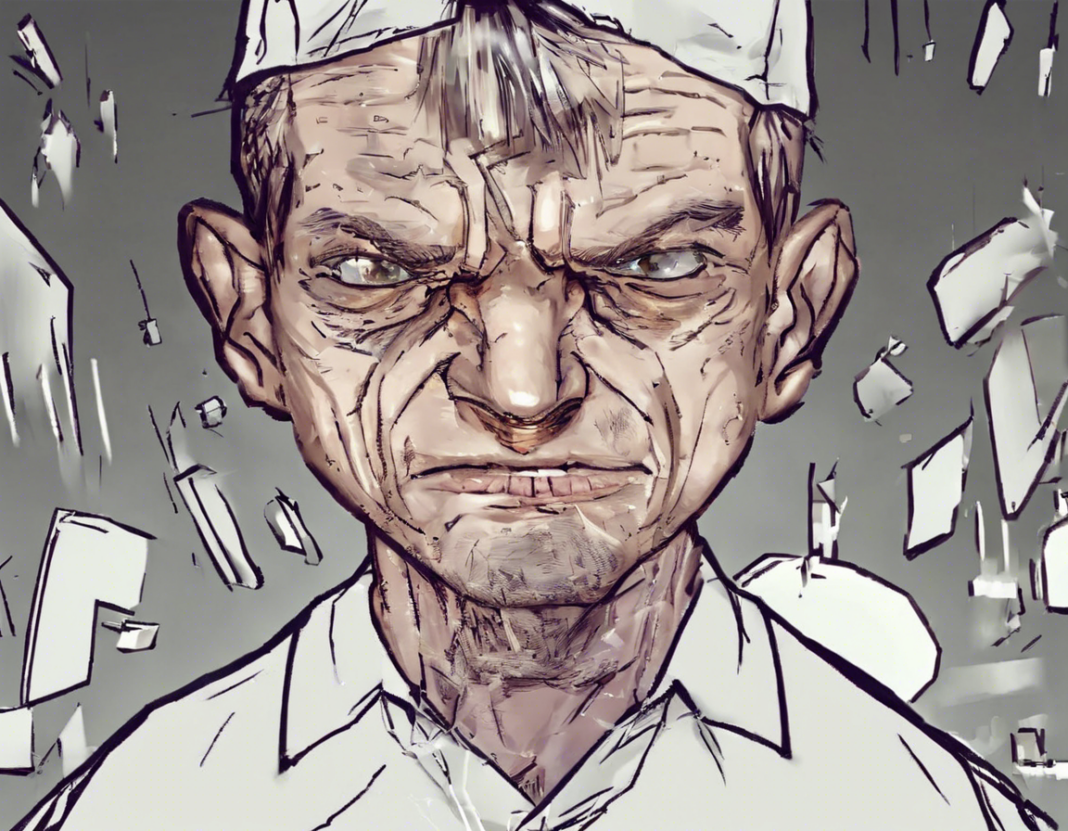Introduction
Life can often throw us unexpected challenges that we might find ourselves dreading. Whether it be a difficult project at work, a disagreement with a friend, or a mundane daily task, it’s natural to encounter tasks or situations that we are not fond of. However, what if I told you there is a way to not only cope with but actually thrive in these situations? By shifting our perspective and mindset, we can turn things we hated into opportunities for growth and positivity. In this article, we will explore strategies to find the bright side in dealing with things we hated even more.
Understanding Our Emotions
Before delving into strategies to find the bright side, it’s essential to acknowledge our emotions and why certain tasks or situations evoke negative responses. Disliking something is a natural human reaction, and avoiding or procrastinating on unpleasant tasks is a common coping mechanism. However, by confronting these feelings and understanding their root causes, we can begin to work through them and find ways to navigate them more effectively.
Shifting Your Perspective
One of the most powerful tools we have at our disposal is the ability to reframe our perspective. Cognitive reframing involves looking at a situation from a different angle, focusing on the positives rather than the negatives. For example, if you dread public speaking, instead of focusing on the fear of judgment, reframe it as an opportunity to share your insights and connect with others.
Setting Realistic Expectations
Oftentimes, our hatred or dislike for something stems from unrealistic expectations we place on ourselves. Whether it be perfectionism in our work or the need to please everyone around us, these high standards can lead to feelings of dread and anxiety. Setting realistic expectations allows us to approach tasks with a more relaxed mindset, making them feel less daunting and more manageable.
Finding Meaning and Purpose
Another effective way to deal with things we hate is to find meaning and purpose in them. By understanding how a task or situation aligns with our long-term goals or values, we can shift our focus from the immediate discomfort to the long-term benefits. For example, if you dislike exercising, remind yourself of the health benefits and how it contributes to your overall well-being.
Practicing Self-Compassion
Self-compassion plays a crucial role in how we deal with challenging situations. Instead of being harsh and critical towards ourselves, practicing self-compassion involves treating ourselves with kindness and understanding, especially when facing tasks we dislike. By being gentle with ourselves, we can approach these tasks with a more positive and open attitude.
Building Resilience
Resilience is the ability to bounce back from setbacks and challenges. By building resilience, we can better cope with things we hate and see them as opportunities for growth rather than obstacles. Developing resilience involves cultivating a growth mindset, practicing self-care, and seeking support from others when needed.
Embracing Change
Change is inevitable, and learning to embrace change can help us navigate situations we dislike with more ease. By accepting that discomfort is a part of growth and adaptation, we can approach new challenges with a sense of openness and curiosity rather than fear and resistance. Embracing change allows us to see beyond our initial aversion and discover new possibilities.
Cultivating Gratitude
Gratitude has the power to shift our focus from what we dislike to what we appreciate. By cultivating gratitude, we can find moments of joy and positivity even in situations we hate. Whether it be acknowledging small wins, expressing appreciation for our efforts, or finding silver linings, practicing gratitude can help us see the brighter side of things.
Conclusion
Dealing with things we hate is a part of life, but it doesn’t have to be a source of constant dread and negativity. By shifting our perspective, setting realistic expectations, finding meaning and purpose, practicing self-compassion, building resilience, embracing change, and cultivating gratitude, we can transform these challenges into opportunities for growth and positivity. Remember, it’s not about eliminating things we hate but learning to navigate them with grace and resilience. The next time you find yourself facing something you dislike, try applying these strategies and see how it can make a difference in how you perceive and approach the situation.
Frequently Asked Questions (FAQs)
- How can I stop hating tasks that I find unpleasant?
-
Acknowledge your emotions, reframe your perspective, and find meaning in the tasks to shift your mindset.
-
Why do I tend to procrastinate on things I hate?
-
Procrastination can be a coping mechanism to avoid discomfort and anxiety associated with unpleasant tasks.
-
How can setting realistic expectations help in dealing with things I hate?
-
By setting achievable goals, you can reduce the pressure and make tasks feel more manageable.
-
What role does self-compassion play in facing challenges?
-
Self-compassion allows you to treat yourself with kindness and understanding, fostering a positive attitude towards tasks you dislike.
-
How does gratitude help in finding the bright side of things I hate?
- Cultivating gratitude shifts your focus to the positive aspects of a situation, fostering a sense of appreciation and resilience.


